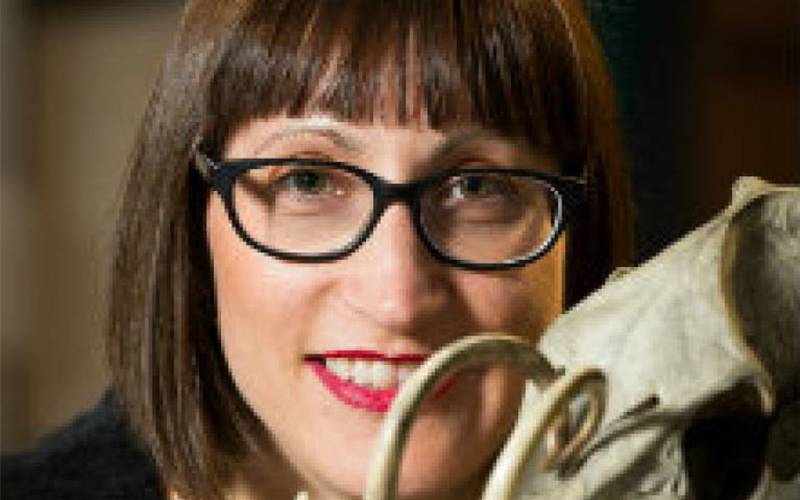Helen’s research explores how communities are responding to the pandemic and aims to understand how complex community ecosystems can be adapted to tackle inequalities in society.

What is your role and what does it involve?
I am a Professor of Biology at UCL whose research involves evidencing the impact of natural and cultural participation on health. I work collaboratively with a range of partners, including community, voluntary and third sector organisations and, most importantly, participants and patients, to understand how community engagement supports different aspects of health and wellbeing.
How are you responding to the pandemic through your research?
Colleagues and I have been awarded funding by the Arts and Humanities Research Council (AHRC) as part of the UKRI’s COVID-19 funding, plus an internal UCL Rapid Response grant, to assess how communities are responding to the pandemic. Community COVID is a collaborative research project formed from a consortium of academics (from UCL, The University of Derby, the Royal College of Music, Tampere University, Finland) and people with lived experience, in partnership with Arts Council England, Voluntary Arts, the Culture, Health & Wellbeing Alliance, NHS Personalised Care and the National Academy for Social Prescribing, and Natural England. The aims of the project are to understand how participants experiencing lockdown, self-isolation and shielding, engage with resources designed to inspire ideas, stimulate creativity and physical activity, combat loneliness and improve social connectivity. We are focused on understanding the complex inequalities that exist within and between communities, and how complex community ecosystems can be adapted to tackle inequalities in society.
What’s next on the research horizon for you?
I am currently working closely with the All Party Parliamentary Group for Arts, Health and Wellbeing to set up a new National Centre for Creative Health, which will form strong links to other national initiatives including the National Academy for Social Prescribing, where my role is to ensure that research and scholarship are better connected to policy and practice. Ultimately I am keen to ensure that we have a strong evidence base and that all of the work we do is focused around tackling the major social determinants of health. This is linked to another ongoing project which was commissioned by the AHRC regarding future UK research priorities about health inequalities across the UK to understand more about regional disparities.
What have you learned from lockdown?
The Community COVID research project has shed light on how creative and community engagement can be used to tackle some of the major social determinants of health (such as isolation, digital poverty, inequalities), and to better understand how arts, creativity, nature and other community assets can be better deployed to tackle health inequalities. A key feature of our findings is the value of developing ‘creative health’ partnerships which harness the collective power of arts, nature and creativity, in association with health, social care and third sector services. In some cases this has led to new and unexpected collaborations (such as museums, libraries or artists working with food banks or local authority risk registers), and this has created new ways of working to support vulnerable, marginalised or isolated members of the community. Lessons learnt from the pandemic offer new insights into how community assets can be repositioned to support individuals who face the most severe inequalities.
How will COVID19 change the world?
The need to better understand the health of the public has never been more urgent. The COVID-19 pandemic has highlighted stark inequalities in society and there is a need to develop and augment existing mechanisms for connecting people with each other, and their communities. Social Prescribing offers one route to achieving this; it describes the process through which a healthcare professional, or link worker, connects people to community groups and statutory services for practical and emotional support, including nature-based, outdoors, creative, arts and other non-clinical interventions. There has been a huge surge in Social Prescribing during the pandemic and increased recognition of the importance of community assets such as green spaces, arts and culture; I hope this recognition and new ways of working continue to thrive so that community engagement becomes a core aspect of improving the health of the public.
 Close
Close

